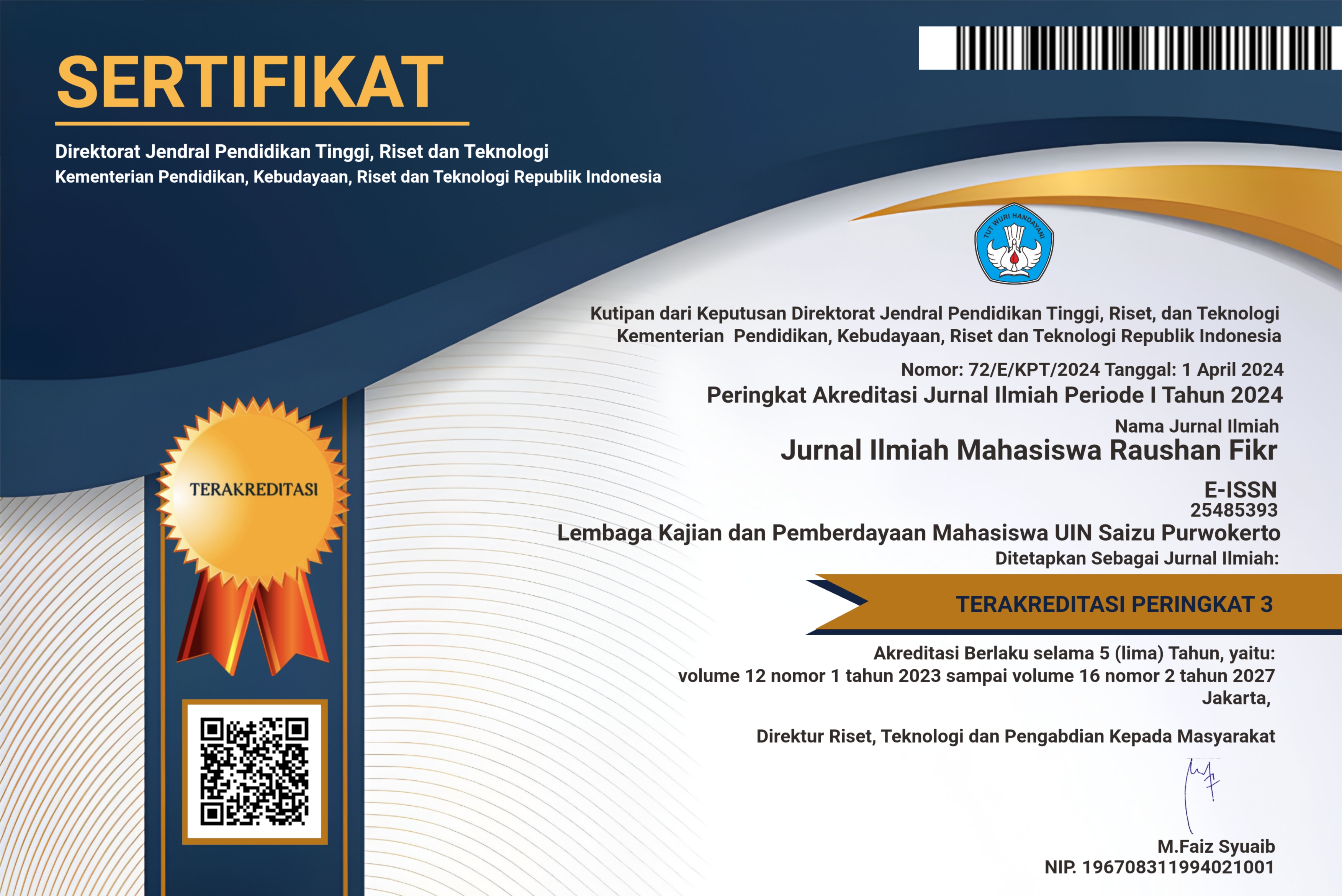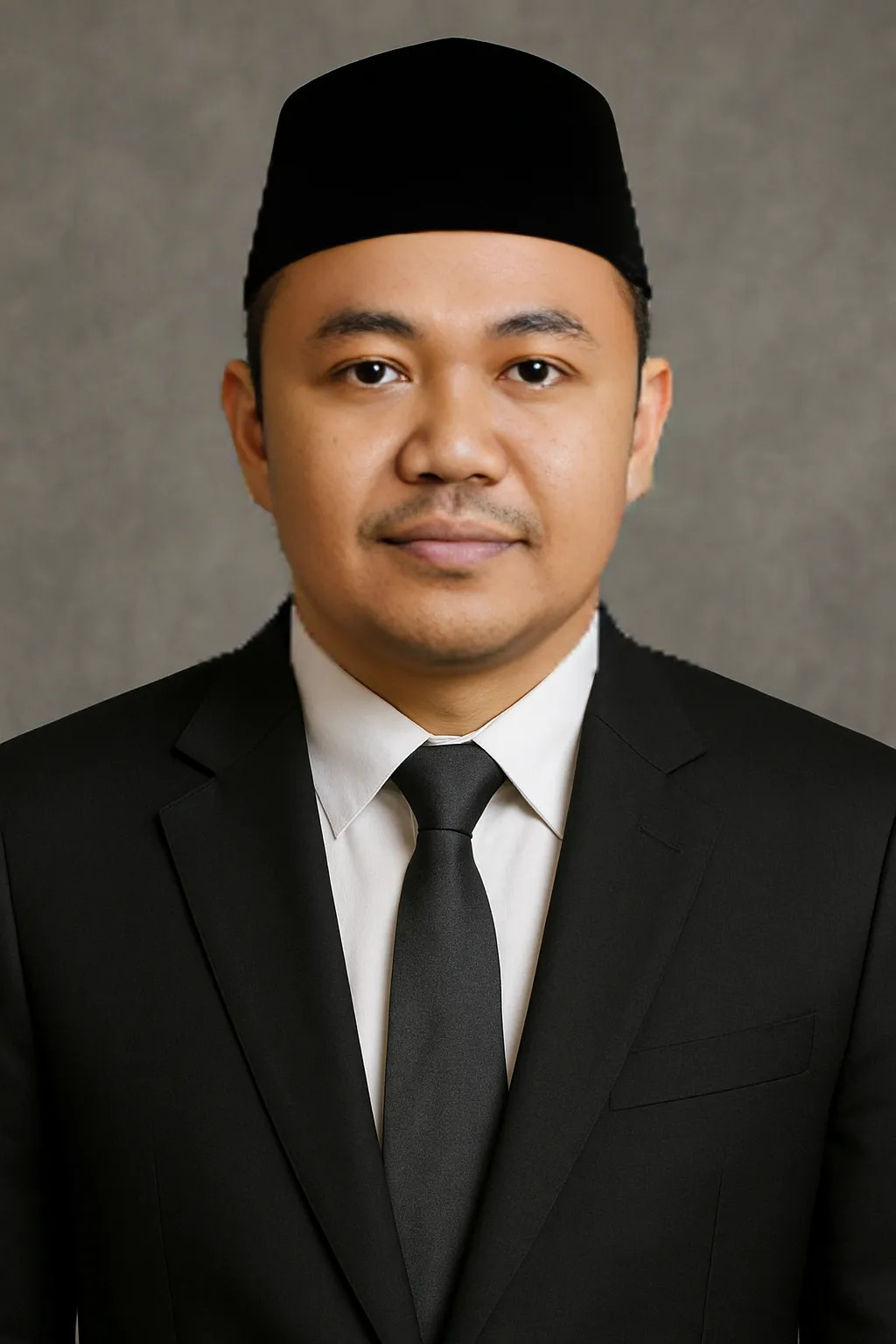Stakeholders Synergy in Accelering Msme (UMKM) Halal Certification Through Halal Self-Declare
DOI:
https://doi.org/10.24090/jimrf.v11i2.6054Keywords:
Halal Certification, Self-declare, Synergy, Stakeholders, MSME.Abstract
A series of halal product guarantee regulations in Indonesia starting from Law Number 33 of 2014 until Government Regulation Number 39 of 2021 mandates that every MSME’s actor has a halal certificate on their products. In order to answer this mandate, a halal self-declare process was initiated to make it easier for MSME’s actors. This paper is a critical study of the halal self-declare which contains the pros and cons of acceleration and the consequences in it. This critical study aims to explore the synergy of stakeholders in halal certification effort for MSME through self-declare. The qualitative analysis of this study shows that the implementation of the self-declare flow requires solid synergy. Starting from the MSME’s actors, Ministry of Finance, Ministry of Investment, Halal Product Process Assistance, MUI, to the Organizing Agency of Halal Product Guarantee Organizing Agency, they have an active contribution in the self-declare flow. This synergy from the contribution of stakeholders will then optimize the halal self-declare as an acceleration of MSME’s halal certification and minimize the consequences that could potentially occur in the MSME’s self-declareDownloads
References
Charity, May Lim. 2018. “Jaminan Produk Halal di Indonesia” 14 (1): 99–107.
Koeswinarno, Koeswinarno. 2020. Sertifikasi Halal Yes or No. Jakarta: Litbang Diklat Press Kementerian Agama RI.
Komite Nasional Keuangan Syariah, Komite Nasional Keuangan Syariah. 2021a. Strategi Nasional Pengembangan Industri Halal di Indonesia. Jakarta: KNEKS.
Kusnandar, Viva Budy. www.databoks.katadata.co.id. “Sebanyak 86,88% Penduduk Indonesia Beragama Islam.,” www.databoks.katadata.co.id. www.databoks.katadata.co.id.
Manar, Bagir. 2016. Pers, Hukum, Dan Hak Asasi Manusia. Jakarta: Dewan Pers Indonesia.
Mardikanto. 2014. “Sertifikasi Halal Akan Menggairahkan Dunia Usaha.” BSN, 2014, 24 Februari edition.
Murjani, Murjani. 2015. “Sistem Jaminan Produk Halal Dan Thayyib di Indonesia.” Fenomena 7 (2): 201–14.
Musataklima, Musataklima. 2021b. “Self-Declare Produk Halal Usaha Kecil Mikro: Antara Kemudahan Berusaha Dan Jaminan Hak Spiritualitas Konsumen.” De Jure 13 (1): 32–52.
Najiyanti, Najiyanti, and Topo Susilo. 2011. “Sinergitas Instansi Pemerintah Dalam Pembangunan Kota Mandiri.” Ketransmigrasian 28 (2): 159–74.
Nasrullah, Aan. 2012. “Analisis Potensi Industri Halal Bagi Pelaku Usaha Di Indonesia.” At-Tahdzib 6 (1): 50–78.
Qardawi, Yusuf. 2007. Halal dan Haram dalam Islam. Surabaya: Bina Ilmu.
Rahmawati, Triana. 2014. “Sinergitas Stakeholders Dalam Inovasi Daerah (Studi Pada Program Seminggu Di Kota Probolinggo).” Administrasi Publik 2 (4): 641–47.
Raihan, Raihan. 2017. Metodologi Penelitian. Jakarta: UIN Jakarta Press.
Sayidah, Nur. 2017. “Solusi Moral Dan Spiritual Atas Masalah Moral Hazard.” Akuntansi Dan Humanika 2 (1): 1–10.
Siradj, Mustolih. 2015. “Argumentasi Hukum Jaminan Produk Halal.” Bimas Islam 9 (1): 31–66.
Sukoso, Sukoso. 2020. Ekosistem Industri Halal. Jakarta: Departemen Ekonomi dan Keuangan Syariah Bank Indonesia.
Syafrida, Syafrida. 2016. “Sertifikat Halal Pada Produk Makanan Dan Minuman Memberi Perlindungan Dan Kepastian Hukum Hak-Hak Konsumen Muslim.” Adil 7 (2): 159–74.
Tsurayya, Eva, and Khairan Izzati. n.d. “Sinergi Penguatan Lembaga Pemeriksa Halal (LPH) Di Indonesia.” KNKS, 27 Agustus edition. www.knks.go.id/ berita/385.
Yulia, Lady. 2015. “Strategi Pengembangan Industri Produk Halal.” Bisnis Islam 8 (1): 121–62.
Zein, Lokot. 2018. “Penguatan Industri Halal bagi Daya Saing Wilayah: Tantangan dan Agenda Kebijakan.” Regional Economics Indonesia 1 (2): 33–57.
Downloads
Published
How to Cite
Issue
Section
License
Authors who publish with this journal agree to the following terms:
- Authors retain copyright and grant the journal right of first publication with the work simultaneously licensed under a Creative Commons Attribution-NonCommercial-ShareAlike 4.0 International License that allows others to share the work with an acknowledgement of the work's authorship and initial publication in this journal.
- Authors are able to enter into separate, additional contractual arrangements for the non-exclusive distribution of the journal's published version of the work (e.g., post it to an institutional repository or publish it in a book), with an acknowledgement of its initial publication in this journal.
- Authors are permitted and encouraged to post their work online (e.g., in institutional repositories or on their website) prior to and during the submission process, as it can lead to productive exchanges, as well as earlier and greater citation of published work (See The Effect of Open Access).
















